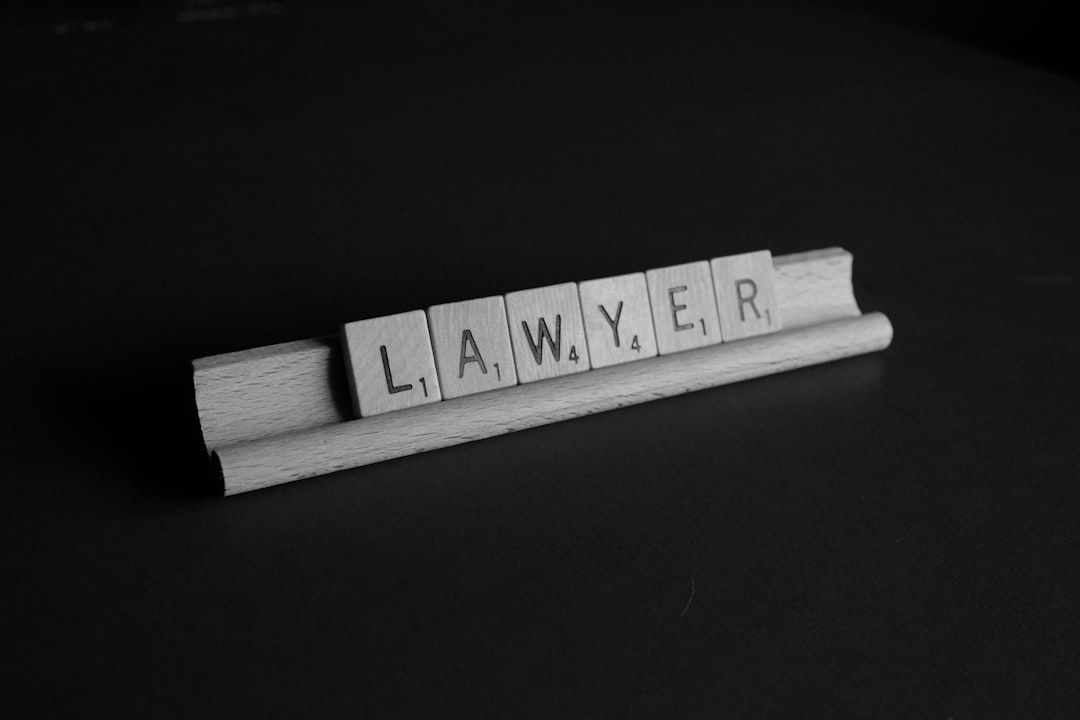In Maryland, informed consent is a crucial ethical practice in massage therapy, protecting clients from potential abuse. Therapists must disclose treatment details, risks, and alternatives, ensuring clients make voluntary decisions about their well-being. This process fosters trust and respects client autonomy, with legal safeguards against malpractice, including the option to consult a massage abuse lawyer Maryland. In cases of physical or emotional harm during massage sessions, prompt legal intervention by a qualified massage abuse lawyer Maryland is essential for accountability, compensation, and favorable outcomes.
In the tranquil realm of Maryland’s wellness industry, massage therapy flourishes as a holistic practice. However, for clients, it’s essential to understand the crucial concept of informed consent, which forms the ethical backbone of this therapeutic art. This article navigates the intricate relationship between informed consent and massage therapy in Maryland, exploring its legal implications, client safety, and what to do when things don’t go as planned—a scenario where a massage abuse lawyer in Maryland may be needed.
Understanding Informed Consent: A Foundation for Ethical Massage Practice in Maryland

Informed consent is a cornerstone of ethical practice in Maryland massage therapy, protecting both clients and practitioners from potential massage abuse. It involves a comprehensive understanding of the client’s rights and responsibilities, as well as the therapeutic process. Clients must be fully informed about the type of service, its benefits, risks, alternatives, and any associated costs before agreeing to receive a massage. This process ensures that individuals make voluntary decisions about their bodies and well-being, fostering trust between the client and practitioner.
Maryland massage therapy laws emphasize the importance of clear communication, ensuring clients understand the scope of services provided. Informed consent also plays a critical role in managing expectations, as it outlines what to expect during and after the massage session. By obtaining informed consent, practitioners demonstrate respect for their clients’ autonomy, adhering to ethical standards and minimizing the risk of disputes or legal issues that may arise from misunderstandings.
The Legal Landscape: Protecting Clients from Massage Abuse

In Maryland, the legal landscape surrounding massage therapy is designed to protect clients from potential abuse and ensure ethical practices. The state has established clear guidelines and regulations to govern the profession, emphasizing client safety and consent. One of the key aspects is the requirement for informed consent, where therapists must disclose specific information about the treatment process, risks, benefits, and alternatives to their clients before initiating any massage session. This crucial step empowers individuals to make informed decisions about their well-being and sets the stage for a therapeutic relationship built on trust.
For instance, a Maryland massage abuse lawyer would highlight that clients should be made aware of different types of massages, potential side effects, and their rights to refuse or terminate the service at any time. By law, therapists are prohibited from performing services beyond their scope of practice, which can include inappropriate or harmful techniques. These legal safeguards are in place to address massage abuse cases and ensure that clients receive professional, ethical, and safe treatments.
Ensuring Client Safety: Key Elements of Informed Consent in MD Massage Therapy

In Maryland, ensuring client safety during massage therapy sessions is paramount, and informed consent plays a crucial role in this regard. Before any treatment, therapists must obtain explicit permission from clients, providing them with comprehensive information about the process, potential risks, benefits, and alternatives. This practice not only respects the client’s autonomy but also safeguards them from any form of massage abuse.
Key elements of informed consent include discussing specific techniques to be used, duration of the session, potential side effects or discomfort, and whether the therapist will provide a referral for further medical care if needed. Clients should feel empowered to ask questions and fully understand their rights. A qualified massage therapist in Maryland should be well-versed in these practices, ensuring client satisfaction and peace of mind while fostering a therapeutic environment.
When Things Go Wrong: Seeking Justice with a Massage Abuse Lawyer in Maryland

In rare instances, despite established protocols and best practices, things can go awry during a massage session, leading to physical or emotional harm. When a client experiences abuse, neglect, or professional malpractice during a massage therapy appointment in Maryland, it’s crucial to understand their rights and available legal avenues. Seeking justice with a qualified massage abuse lawyer in Maryland is a step towards holding the responsible party accountable and ensuring victims receive the compensation they deserve for their suffering.
These legal professionals are equipped to navigate the complexities of such cases, guiding clients through the legal process while advocating for their rights. They can help victims understand their options, including filing civil lawsuits against the massage therapist or spa, seeking damages for pain and suffering, medical expenses, and any other associated losses. It’s essential for individuals who have faced massage abuse to take action, as prompt legal intervention can strengthen their case and lead to more favorable outcomes.




